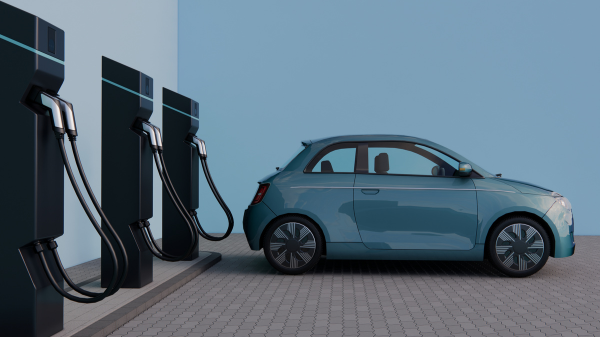MYTH: “EVs always catch fire”
Last summer, a car park at Luton airport was opened in an inferno. Social media speculation, authoritative as ever, pinned it to an EV fire. Social media talk and speculation played a massive part in this. The fire brigade later said it was a diesel car.
EV battery fires when they do occur are bad news. They burn hot and are hard to extinguish. They also can reignite again after several days. But burning isn’t a battery’s sole purpose in life. Whereas a combustion car carries a tankful of stuff whose one job is catching rapidly on fire. And it can do so when you don’t want it to.
Electric car fires are very rare. They might stem from a fault or crash, but no official crash test ever caused one. EVs are extensively developed and subject to the discipline of recalls. Electric scooter fires are far more common since they’re mostly uncertified – because they’re illegal.
The Swedish Civil Contingencies Agency (MSB) reported 23 fires in 611,000 EVs during 2022, or 0.004 per cent in a year, which makes it 20 times less likely to happen than regular car fires, which burned 3,400 times in 4.4 million cars, or 0.08 per cent. MSB has also recently proven a new way to extinguish battery fires fast.
EV FireSafe, funded by Australia’s Department of Defence, has managed to verify fewer than 500 electric car battery fires. Ever. Out of 20m EVs worldwide. That’s 80-odd times rarer than a regular car fire. If it were a frequent risk, it’d be reflected in insurance premiums. It isn’t.

